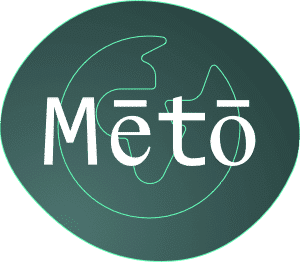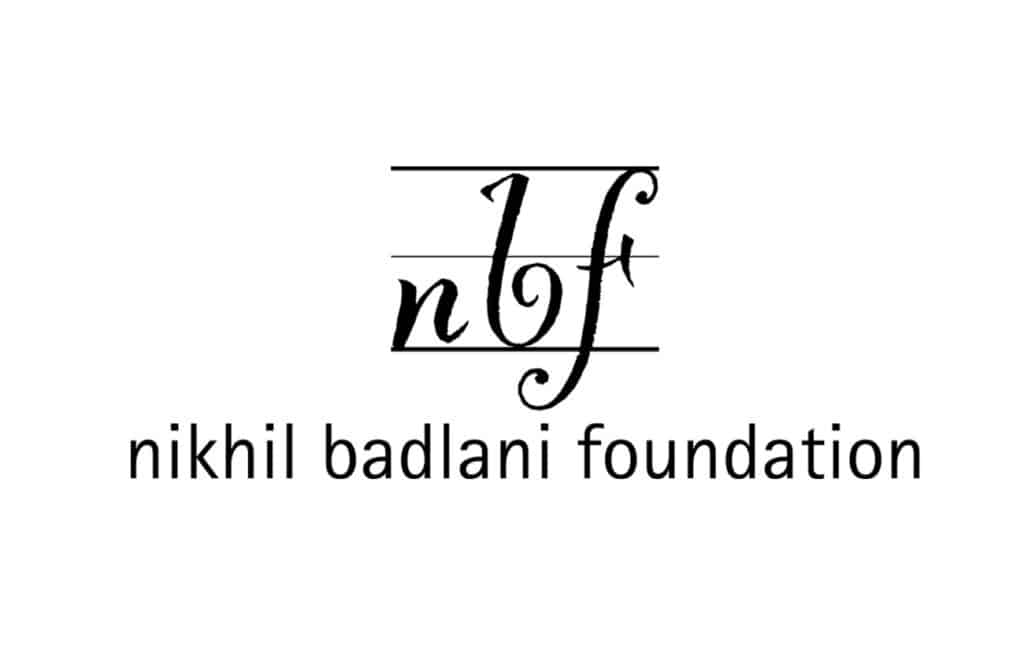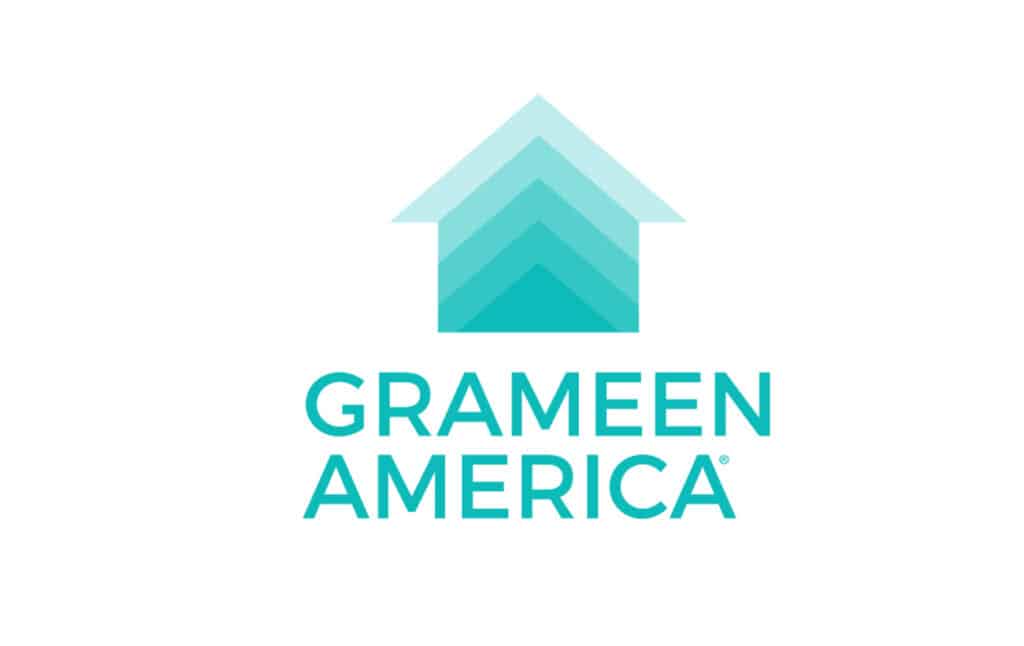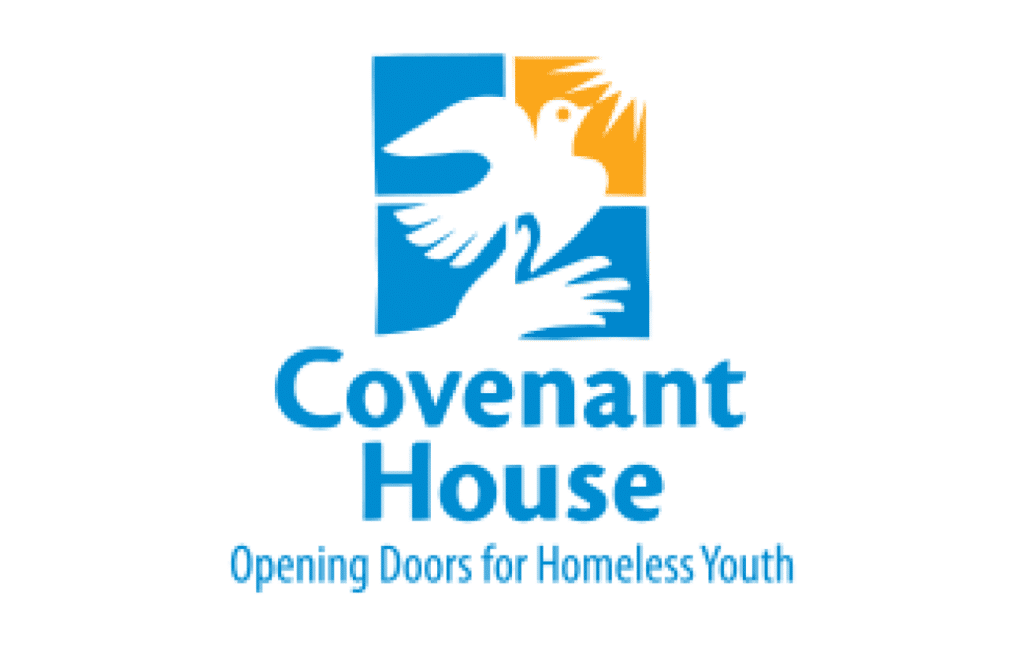Are CRMs stepping up to B2B needs?
No matter your industry or business model, chances are you are working in an environment where the lines between customer experience, customer engagement and customer relationship management, never too clear in the first place, are more blurred than ever.
B2B leaders are also dealing with increasing complexity due to:
- Expanding buying committees (which can have anywhere between eight and 16 members) with diverse agendas and B2C-style expectations at each stage of the buying journey.
- The mission-critical nature of first-party data.
- The move to a hybrid workforce and increasingly digital buyer’s journey.
With this as the backdrop, we ask the question: is CRM stepping up to B2B needs? Several years ago, Paul Greenberg, author of “CRM at the Speed of Light” said of the future of CRM, “It is becoming the operational core of a much larger market around customer engagement.” We asked industry practitioners where CRM stands in that context today, and where it’s heading in 2022.
Where Do CRMs Fit in the Age of CDPs?
Perhaps because the original vision of CRM was to unite the people, processes and technology that manage customer relationships, it is one of the few technologies that (in theory) can connect the three core customer-facing functions: sales, marketing and service. It also has the ability to collect and interpret customer, pipeline and revenue data, as well as to activate insights for meaningful engagement. Jay Kulkarni, CEO and founder of digital solutions provider Theorem dubs it the ‘central hub’ that can enable customer experience (CX) in modern enterprises.
CRMs Are Doing Double or Triple Duty
On one hand, CRMs have de facto become the most centralized place for business users to access customer data today, especially as most B2Bs are already invested in a CRM system. On the flip side, Phil Marsalona, director, technology strategy at Merkle reminded us that even today, many CRMs are doing double or triple duty for processes they weren’t built for, such as campaign management, segmentation or even as marketing databases. Enabling these added use-cases have made CRMs “unwieldy, inefficient and an opaque monolith of functionality.” In that light, he added, the rapidly evolving CDP, marketing automation, and cloud-based data management landscape offers CRMs “a chance to return to their original purpose — managing the customer relationship.”
But in reality, many business leaders are still confused on whether they need a CRM, a CDP or both to compete in a CX-led, data-powered world.
What Will Best Serve Customer Experience Goals?
Thomas Wieberneit, CRM Evangelist, founder and principal of aheadCRM said that while CDPs started with the promise to create one unique and consistent customer record, many CRMs systems also have the capability to do this. In fact, he suggests that the complete and consistent view of the customer may actually have been lost in large part due to the process and technology silos that have built up over time. What is actually important therefore, is clarity on which system is most capable of holding the master data, the governance processes needed to ensure data quality, and the integrations needed to enable data flows across the organization. “It is not so much a question of what role CRM plays in the martech stack, as much as how the stack itself can contribute to customer engagement and ultimately to customer experience goals,” he added.
Take a Use Case-Driven Approach
Merkle vice president of marketing technology, Kelly O’Hara agreed that when CDPs were at the top of the hype cycle, many thought they could and would replace the traditional CRM. However, while strong at operationalizing data, CDP early adopters have realized that the technology may not be ideal for all data management use cases. For example, while CDPs are ideal for marketers who want to control the customer experience in a single UI, they may not be necessary to house and structure corresponding metadata like product, promotion, store and loyalty information needed for granular analytics, or for storing the big data which may not be needed for real-time personalization use cases. Like Wieberneit, O’Hara stressed a use case-driven approach to create clarity and focus on value-creation.
Look for a Combination With Tight Integration
Kulkarni said both are needed to create better CX — CRMs as the central hub of business strategy and execution, and CDPs as the base for data management — provided there is strong platform integration between them. Similarly, Andy Pitre, vice president of product at HubSpot said that while CDPs can show a fuller picture of each visitor engaging with the brand, when combined with a CRM, it can help pinpoint a smaller number of accounts with a high chance for conversion, allowing marketing and sales to better direct their time, effort and budget.
What’s Next for CRM?
When it comes to CRM effectively addressing emerging challenges, Wieberneit said not much has changed. “Customers are still asking for systems that make the users’ lives easier, do what they are supposed to, at a reasonable price point and be actually helpful.”
So, what will being valuable mean for CRM systems in 2022? Based on inputs from the experts, I’ve distilled it down to these five areas:
1. Increased Automation and Agility
CRMs should eliminate tedious tasks via automation and/or workflows, especially for administrative tasks, accurate and real-time distribution of leads, and orchestration of go-to-market processes. The goal is to offer flexibility and improve speed-to-revenue, buyer experience and seller experience. Besides being the system that connects every employee, CRMs will score if they enable teams to focus on people-dependent tasks like meetings with qualified prospects, while better automating outreach and engagement processes, from lead generation to renewals.
2. Increased Integration
CRM platforms need to enable more streamlined customer experiences end-to-end, and continue to expand their set of native connectors so users have greater visibility and automation across tools and workflows. They should enable business users to be where customers are — across online and physical channels — without needing them to move back into the CRM UI. Integration also means core systems such as marketing automation getting more deeply embedded into the CRM, to hyper-personalize sales processes.
3. Increased Intelligence
AI and ML are dominant themes when it comes to next-gen CRM, in the context of native AI capabilities that can help produce tangible sales results. For example, improving sales effectiveness with predictive analytics that suggest next best actions at each stage of the buying journey, or helping salesperson effectiveness by suggesting the right people to involve in order to increase the likelihood for success.
4. Increased Interactivity
CRM systems must work like the user works, not only to aid convenience, speed and responsiveness, but to drive system adoption and optimal outcomes. For example offering text and voice access options to capture data and feedback into the systems, along with intelligent system generated prompts at the right moments to capture the data in near real-time; visual dashboards that empower users to share information and collaborate to take action with ease and confidence.
5. Increased Value Added Functionality
With smaller teams and budgets becoming the norm, businesses want a leaner set of tools that can do more. CRMs will need to add value with thoughtful functionality. For example, HubSpot’s recently launched payments functionality is based on the insight that a lack of payments data in the CRM added friction to the buying process, and created a blind spot between the front and back office. Similarly, other functionalities aligned to digital commerce will continue to emerge.
On the sales end, functionalities such as more sophisticated lead-to-account matching and prospect engagement solutions at the individual and account level will emerge.
Internally, CRMs will also offer more sophisticated collaboration capabilities to address the emerging needs of remote and hybrid workforces, such as interaction tracking and scheduling. Self-service CRM will also up its game to offer more value to customers while reducing the administrative effort for providers. Courtney Trudeau, senior director, technology strategy at Merkle adds that ultimately, CRMs need to be able to harvest large datasets, decipher them, and help business teams utilize the insights to create a seamless customer experience. She sums it all up with “The future of CRM is here. The market has set the expectation for automation, interoperability, and sophisticated AI capabilities — it is up to the platforms now to deliver.”








